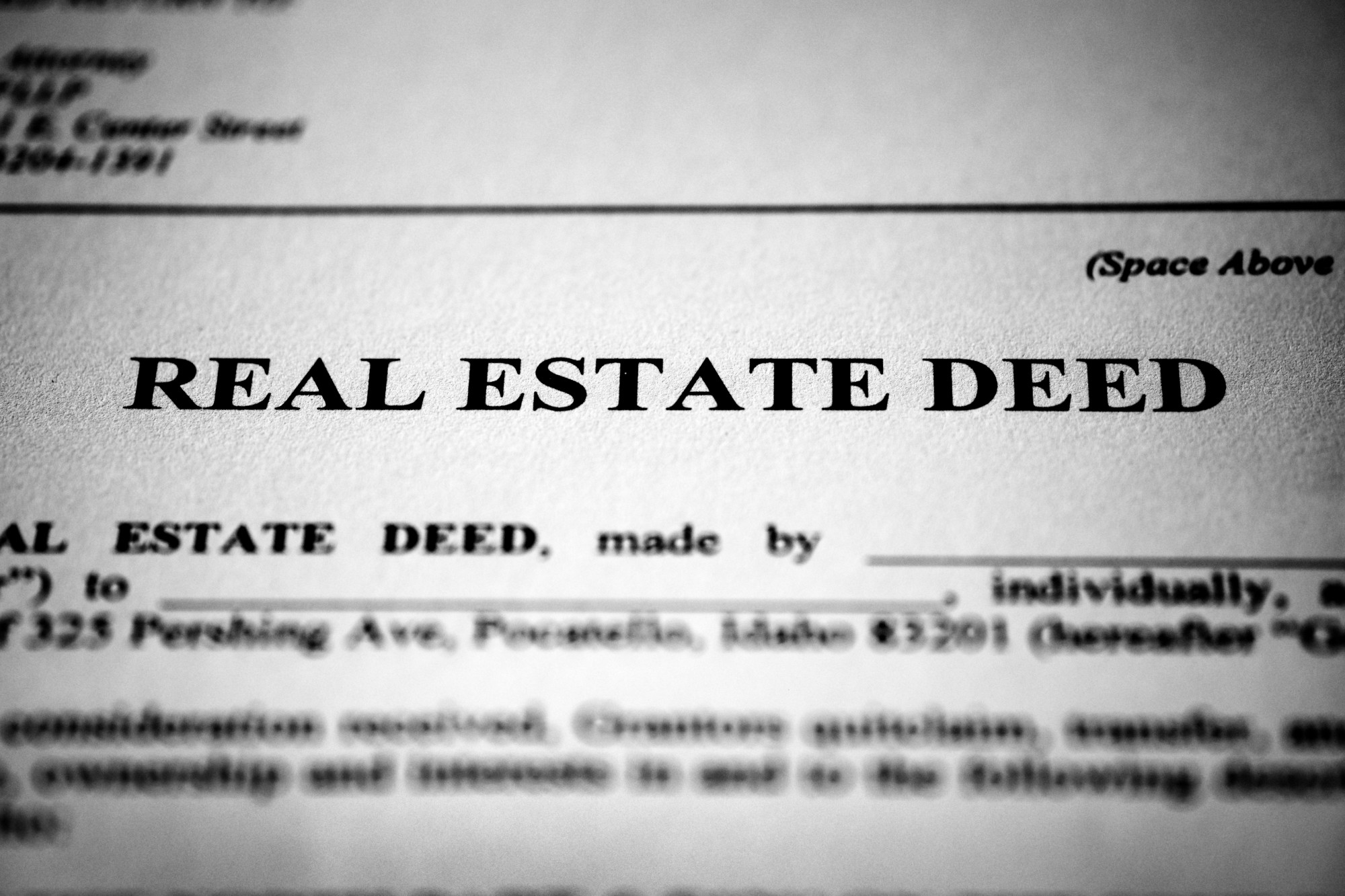Table of Contents Show
Looking for a home, particularly for the first time, is an exciting time in your life. However, it would help if you did not let this cloud your judgment. A clear-headed mind when you are making a large purchase is best. Requires long-term thinking, which can prevent misunderstandings later on. There are various options for holding the property title to your new home.
You should not merely assume equal ownership is the only way. You can pick how you and the other person find the fairest. Those unmarried will find this particularly important.
Sole OwnershipSole Ownership
The simplest form of ownership. There is only one name on the title, as the name implies. Of course, that individual has the rights and responsibilities with homeownership. There are appropriate situations when used. For instance, it is helpful if one party has bad credit or understands that the person on the takes sole financial responsibility for the purchase and upkeep.
On the other hand, the party on the title has no financial stake. It is also important to note that the name on the deed determines ownership and not the mortgage. Should the relationship end, you walk away with nothing, even if you have sweat equity and money. The property’s owner can do whatever they wish, including selling it (and pocketing all of the proceedings) and leaving it to whomever they choose in the event of that person’s death.
Joint TenancyJoint Tenancy
Ownership is split amongst ownership when you hold the title as joint tenants. Both names are on the title and have the same financial stakes and responsibilities. Should one person die, the property automatically transfers to the other. The process skips time-consuming and potentially costly probate. It also avoids nasty estate battles.
Such seems equitable, but this means equal ownership, regardless of the financial commitment. It does not matter if one person earns significantly more money and makes most mortgage payments. It could prove troublesome in the event of a breakup.
Tenants in CommonTenants in Common
Two names are on the title, but you can split the percentages however you deem fit. You need a will with this option since the other person’s interest in the home does not automatically pass to you. If you do not have a will, your interest in the property goes to your heirs. In such a case could go against your wishes.
The situation creates potential complications you can ease by spelling out your wishes in your will. For instance, you may want the other person to live in the home after you pass on.
Changing the Property TitleChanging the Property Title
You can change how the title is held. It is advisable if your situation has evolved (e.g., you get married or break up). Hiring an attorney is advisable to understand the options and proceed with changing the property title. While it is typically a simple matter, you want to ensure there are no mistakes. An attorney can explain the options for you to make an informed decision.

